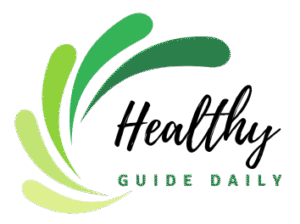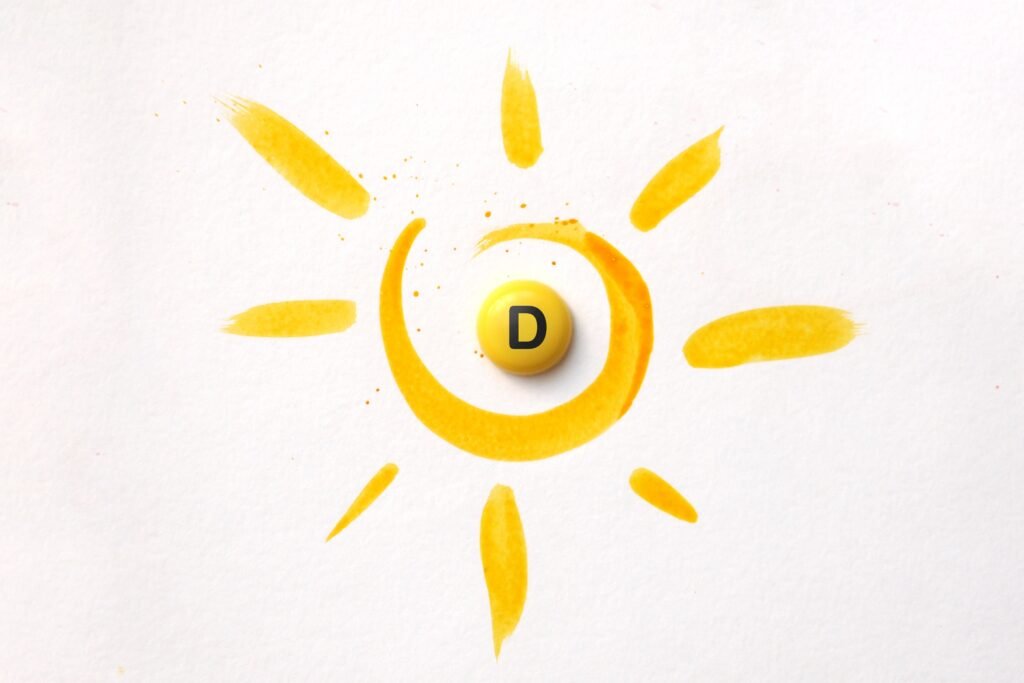Taking the wrong vitamin D supplement can actually make your deficiency worse, leaving you sicker despite your best intentions.
Story Highlights
- Wrong vitamin D form or dose can lower blood levels, not just cause toxicity.
- Absorption problems and supplement errors are increasingly common.
- Regulatory gaps and poor labeling fuel consumer confusion and risk.
- Routine blood monitoring and medical guidance are vital for safe, effective supplementation.
How Supplement Mistakes Can Sabotage Your Vitamin D Levels
Millions rushed to correct vitamin D deficiencies over the past two decades, yet reports of persistent deficiency and even toxicity have sharply increased. Medical literature now reveals that taking the wrong vitamin D—whether through inappropriate dosing, mislabeled products, or poor absorption—can paradoxically lower your blood levels. This trend is most pronounced among people self-prescribing without clinical oversight, often driven by aggressive marketing and internet health advice.
Regulatory agencies treat supplements as foods, not drugs, resulting in inconsistent product quality and labeling. Supplements may contain vitamin D2 instead of D3, or doses far above or below what’s stated on the label. Clinical case studies cite instances where consumers developed toxicity after taking over-fortified products, while others remained deficient despite daily supplementation. The lack of clarity in supplement formulation has created a minefield for well-meaning consumers.
Watch: 10,000 IU of Vitamin D: HUGE MISTAKE?!
The Science Behind Paradoxical Deficiency
Vitamin D’s journey through the body is complex and easily disrupted. The two primary forms—D2 (ergocalciferol) and D3 (cholecalciferol)—are not equally effective. D3 is favored for its superior absorption and potency, yet many supplements and fortified foods still use D2, which can actually lower D3 levels when taken in excess. Furthermore, malabsorption syndromes, common in older adults and those with chronic illness, reduce the body’s ability to utilize even high-quality supplements, leading to persistent deficiency.
Drug interactions and co-nutrient deficiencies play a silent role in this puzzle. Magnesium, for example, is essential for vitamin D metabolism. Without it, supplementation may be futile. Certain medications, like anticonvulsants and corticosteroids, further hinder vitamin D absorption. Clinical researchers note that routine blood monitoring is the only way to detect these hidden pitfalls, yet most consumers never test their levels after starting supplementation.
Vitamin D supports immunity, bone health, and energy, yet most people are low. Aim for 50–70 ng/dL. Get sunlight, eat fatty fish and eggs, and supplement if needed (2,000–5,000 IU daily). Always confirm your ideal dose with a blood test for best results. pic.twitter.com/eTKIOfTu8A
— Dr. Stephen Cabral (@stephencabral) October 10, 2025
Industry Practices and the Limits of Regulation
The supplement industry’s rapid growth has outpaced regulatory oversight. Unlike pharmaceuticals, supplements are not required to undergo rigorous efficacy testing or standardized manufacturing. This regulatory gap has led to frequent mislabeling, variable potency, and even contamination. Consumers often rely on marketing claims rather than scientific evidence, increasing their risk of both inefficacy and toxicity.
Healthcare providers face an uphill battle against misinformation. Despite clear clinical guidelines from leading medical societies, many patients believe that higher doses equate to faster results. In reality, excessive intake can trigger acute toxicity—manifesting as hypercalcemia, kidney damage, and neuropsychiatric symptoms. Conversely, incorrect dosing or poor supplement quality leaves deficiencies uncorrected, undermining health and wasting money.
Sources:
WebMD – Vitamin D Overdose
BMJ Group – Vitamin D Supplement Overdosing Is Possible and Harmful, Warn Doctors
Mount Sinai – Hypervitaminosis D
Healthline – Vitamin D Side Effects
NCBI Bookshelf – Vitamin D Toxicity







